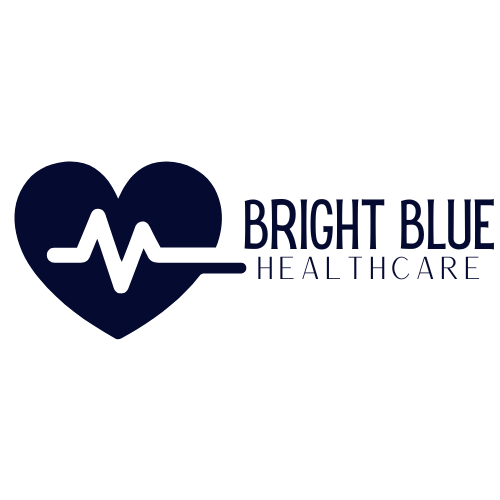In the complex world of healthcare, medical professionals and experts understand the critical role that a well-functioning healthcare system plays in providing efficient and effective patient care. These professionals experience firsthand the impact of healthcare systems on their ability to deliver quality care, and recognize the importance of streamlining processes and improving access to healthcare services. In this article, we will delve into the significance of efficient healthcare systems for medical professionals and experts in the field, exploring the benefits of optimized workflows, patient-centered care, and technological advancements.
Introduction: The Impact of Healthcare Systems on Medical Professionals
Healthcare systems act as the backbone of medical practice, influencing every aspect of a medical professional’s role. From administrative tasks to clinical decision-making, the efficiency and effectiveness of a healthcare system directly impact a medical professional’s ability to provide the highest standard of care. Efficient healthcare systems not only optimize workflows but also ensure that medical professionals can prioritize patient care, enhance collaboration, and stay up to date with the latest medical advancements.
Streamlined Workflows for Enhanced Patient Care
One of the key benefits of an efficient healthcare system is the optimization of workflows, allowing medical professionals to focus on patient care rather than administrative burdens. By implementing electronic health records (EHRs) and integrated data systems, healthcare systems can simplify the documentation process, reduce errors, and facilitate seamless information exchange between healthcare providers. This streamlining of workflows enables medical professionals to spend more time with patients, better understand their medical history, and deliver personalized and evidence-based care.
Moreover, efficient healthcare systems often incorporate automated appointment scheduling and reminders, reducing the likelihood of no-shows or missed appointments. This ensures timely follow-ups and preventative care, playing a crucial role in preventing disease progression and promoting overall patient health. By enabling medical professionals to allocate their time effectively, streamlined workflows ultimately lead to improved patient outcomes and satisfaction.
Patient-Centered Care as the Foundation
In today’s healthcare landscape, patient-centered care has emerged as a fundamental goal for medical professionals and experts. Efficient healthcare systems play a pivotal role in fostering patient-centered care, where the patient’s needs, preferences, and values are at the center of all medical decision-making processes. By providing medical professionals with comprehensive access to patient records, treatment plans, and outcomes, efficient healthcare systems enhance communication and collaboration between the entire care team, ensuring that patients receive coordinated and holistic care.
Moreover, efficient healthcare systems enable medical professionals to gather real-time patient feedback, allowing providers to adapt and personalize care plans accordingly. This continuous feedback loop ensures that the patient’s voice is heard, and that medical professionals can make informed decisions regarding treatment options, care coordination, and patient education. Ultimately, patient-centered care supported by efficient healthcare systems leads to higher patient satisfaction, increased compliance with treatment plans, and improved patient outcomes.
Technological Advancements at the Forefront
As technology continues to advance rapidly, healthcare systems must embrace digital innovations to deliver optimal care. Medical professionals benefit greatly from efficient healthcare systems that leverage technological advancements to enhance their practice. These advancements include:
1. Telemedicine:
Telemedicine, made possible by efficient healthcare systems, allows medical professionals to remotely consult and monitor patients. This technology eliminates geographical barriers, improves access to healthcare services, and enhances the convenience of medical consultations. Medical professionals can now provide expert advice, prescribe medications, and monitor patients’ vital signs without the need for in-person visits. This not only benefits patients but also allows medical professionals to extend their reach and serve a broader population.
2. Artificial Intelligence (AI) and Machine Learning:
Efficient healthcare systems incorporate AI and machine learning algorithms that analyze vast amounts of patient data to identify patterns, predict outcomes, and assist in clinical decision-making. Medical professionals can leverage these technological tools to diagnose diseases more accurately, develop personalized treatment plans, and identify potential risks or complications. By harnessing the power of AI, medical professionals can deliver more precise and targeted care, ultimately benefiting patient health and reducing healthcare costs.
3. Precision Medicine:
Efficient healthcare systems facilitate the implementation of precision medicine, an approach that customizes medical treatment based on an individual’s genetic makeup, lifestyle, and environmental factors. With the integration of genetic and genomic data into electronic health records, medical professionals can identify genetic predispositions, predict disease risk, and tailor treatment plans to optimize patient outcomes. This personalized approach not only improves patient care but also contributes to medical research and the development of innovative therapies.
Conclusion: Empowering Medical Professionals through Efficient Healthcare Systems
Efficient healthcare systems are the cornerstone of modern medical practice, empowering medical professionals to deliver the highest quality care while reducing administrative burdens. Streamlined workflows, patient-centered care, and technological advancements are pivotal in optimizing the healthcare experience for both medical professionals and patients. As the healthcare landscape continues to evolve, investing in and prioritizing efficient healthcare systems is essential to ensure the well-being of both medical professionals and the patients they serve.




